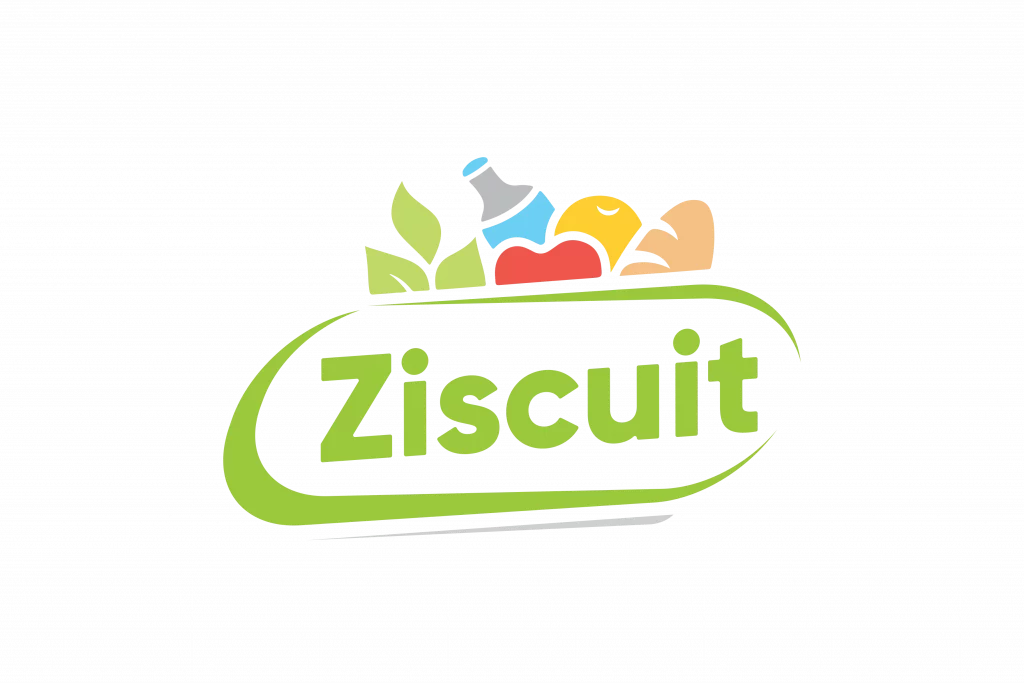Ziscuit, an online grocery search engine, allows food insecure customers and those that reside in food deserts to find the best-priced food items located near them. The Atlanta-based startup aims to save customers hours of coupon clipping and driving aimlessly from store to store. At a time when inflation is on the rise, Ziscuit allows everyone to locate cheaper groceries with ease.
The grocery search engine was founded by Mark Peterson, an Alabama native who watched his mother struggle to afford weekly groceries. Growing up, he watched her spend hours flipping through flyers for coupons that would take her to four or more stores to find the best deals. Motivated by his childhood experience, Peterson launched Ziscuit in December 2019.
So, how does it work? After signing up on its website or mobile app, Ziscuit users can upload their grocery lists and instantly find the cheapest total bills based on their lists. In order to maximize savings, users can set various parameters by widening the radius of travel from home and the number of stores they’re willing to visit.
Related: Flashfood App Helps Users Save on Groceries and Keep Food Out of Landfills
Just like Kayak.com did for flights and hotels when it first began, Ziscuit uses bots that systemically browse the Internet called web crawlers to pull price data from supermarket websites, ranging from Dollar General to Publix to Walmart, depending on the area. To ensure it’s up to date, the information refreshes frequently and users can access it for free. Ziscuit currently earns revenue through advertising and survey products.
The site can be used by anyone interested in saving some money, and it comes at a time when inflation has pushed grocery prices to a 40-year high. Food prices on average increased 49 percent between May 2020 and January 2022. But, Ziscuit hopes to cater specifically to the estimated 38 million food-insecure households in the US as well as Americans who live in food deserts or areas where access to healthy nutrition is lacking.
“The only way for these shoppers to fight back is to clip coupons and make multiple stops during a shopping trip to save money,” Peterson said in a press release. “Unfortunately, despite the hours they invest preparing to shop, they are only saving pennies.”
Despite popular belief, food supply shortages are not the issue when it comes to food insecurity. Rather, hunger is a logistical problem. Cheap food is readily available, but resolving the problem involves aggregating the demand and getting supply to those that need it the most. That’s what Ziscuit is setting out to do.
With help from startup accelerators, including the Techstars Farm to Fork program, which invested $140,000, as well as the Google for Startups Founders Academy, Ziscuit has already launched in four ZIP codes in the Atlanta metro area. The company now has its sights set on 23 US cities, each with substantial shares of its target demographic, after which it would eventually like to expand even further.
Peterson is hopeful to help not only consumers save money more efficiently, and also help smaller retailers, like the ones his mother used to frequent, meet demand and keep prices low.












Join or login to leave a comment
JOIN LOGIN